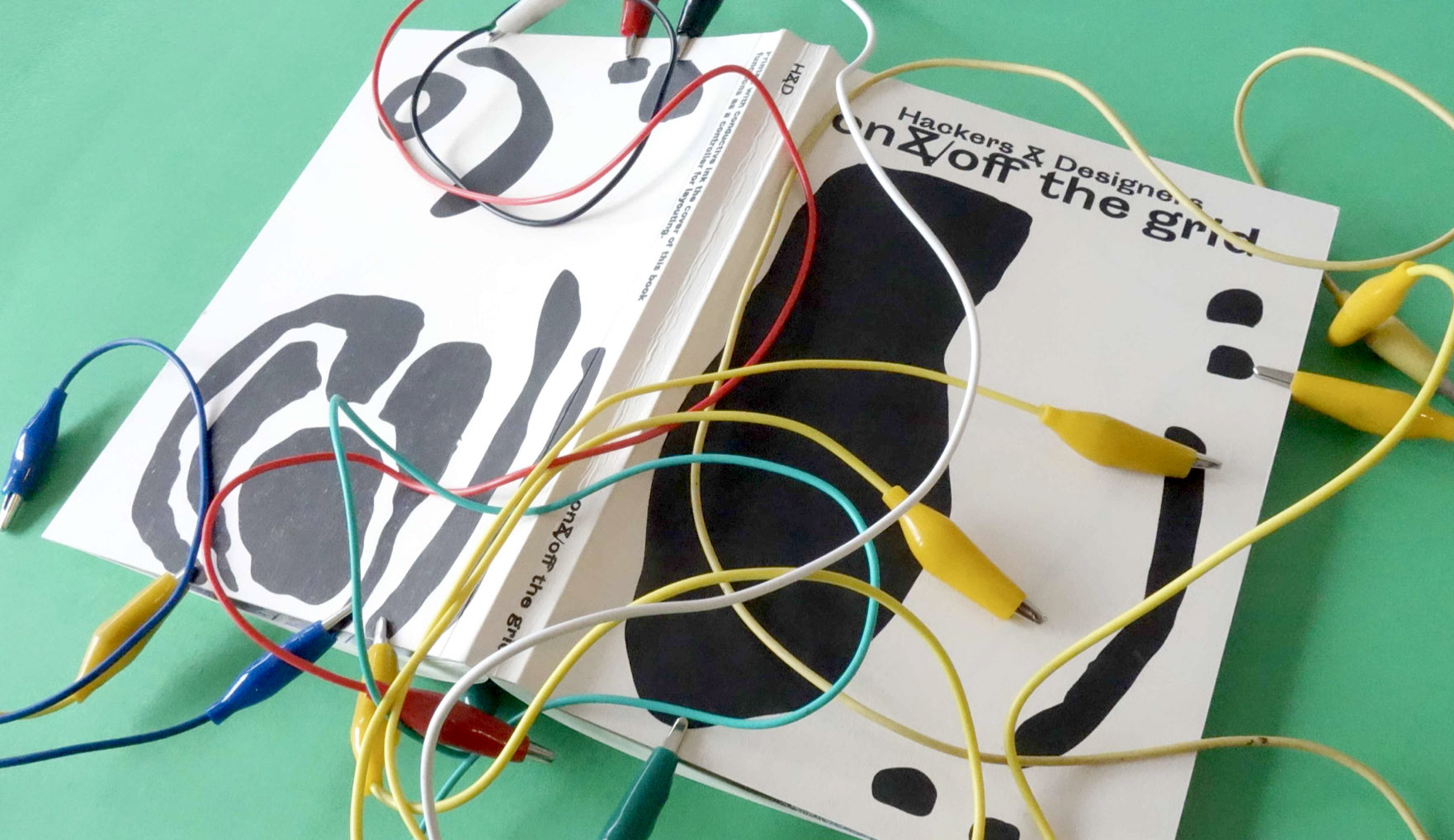Amsterdam Off the Grid Boat Life Project by Vicky de Visser
A project about personal actions and initiatives that question the grids of society, politics, capitalism, and ethics. Being a do-er activist rather than an informer activist.
by Vicky de Visser, designer and member of the H&D community published in On /& Off the Grid in 2018
Brief: Living on an 8,5m boat in Amsterdam for 6 months
> Why? What did I want to achieve?
- To not contribute to a greedy consumer-based system that has a mostly negative impact on its ecological/environmental/social/political surroundings.
- To be able to create artistic work without being dependent on common time and money limitations, like:
- Money - having to accept assignments for financial reasons rather than artistic ideals.
- Time - having to spend most of your time working for a sufficient income rather than the majority of time being used for artistic development.
>How did I try to achieve these goals and change these limitations?
- Moved from Antwerp to Amsterdam to be around positive, innovative, and interesting initiatives. Amsterdam enabled me to participate in a fertile place for artists. The city has a less conservative way of thinking than many cities in Belgium.
- Cut rent costs so I didn't need to work as much to be able to sufficiently provide for myself . I bought an 8,5m boat with my savings. It can be compared to a small caravan. The boat was located in Amsterdam Marina and had four sleeping places. The boat had no running water, refrigeration, cooking facilities, or a modern heating system. Showers and toilets were used at a main building of the harbor. The boat spot was already rented and paid by the previous owner for six months.
>In what ways did I succeed?
- Managed to live off a very small amount of money in the middle of Amsterdam and opened up my artistic network.
- Ate less meat because of the absence of cooking facilities.
- Was more aware of my water, electricity, and gas usage.
- Reduced my waste by a large amount.
- Met a lot of interesting people with alternative views on society and its grids.
- Was more connected to nature and natural cycles.
- Opened a lot of black boxes: the mechanics of a boat motor, the inner workings of batteries, insulation, circuit bending, solar panels, how to monitor electricity, air circulation, water density...and a ton more.
- Hacked the grid of the Gemeente. Learned the administrative way of working in The Netherlands and how they try to prevent people from living off the grid.
- Found many public and co-working spaces as was forced to work away from home and connected to other nomadic workers.
>How did I fail?
- Too many hardships to be managed and controlled without the support of a community equally invested in a shared, off-grid system. Although I had to put less time in working for money, the maintenance and learning process of living independently from the regular water and electricity grids and learning how boats and motors work, among other things, took up all of the time I wanted to invest in my artistic practice.
- Creating momentum was hard. A lot of energy was necessary to maintain myself. It may have been an inspirational story for other people, but when they visited they realized this way of living was actually quite hard. Especially being without luxuries like warm water and a heating system - this can be very difficult when you live in a city where most people can return home to a house with all of these comforts.
- Physical problems arose. Not being able to stand up completely, dealing with being in a cold, moist, dark space in the winter with limited battery light and candle light... this affects your body and your mind.
>Question of consumerism. What do I really need? What now?
- I rent a room again in the East of Amsterdam.
- I am still finding other ways of reducing my ecological impact and trying to abstain from too-capitalist thinking.
